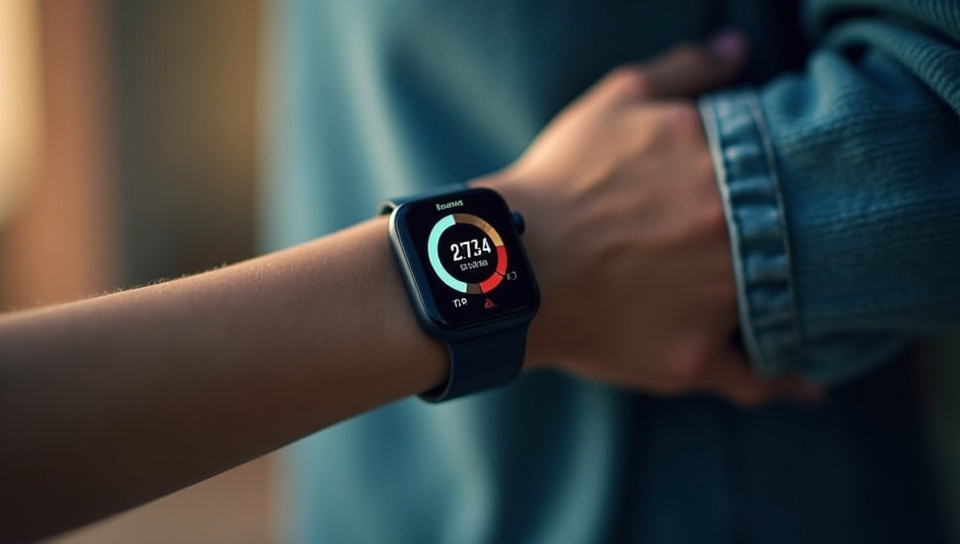Some fitness trackers also track other health metrics closely 92%

The Evolution of Fitness Trackers: Beyond Just Steps and Calories
In recent years, fitness trackers have become an essential accessory for many individuals who prioritize their health and wellness. Gone are the days when these devices were solely used to track steps taken and calories burned. Today's advanced fitness trackers have evolved to monitor a wide range of other health metrics that can provide valuable insights into our overall well-being.
Monitoring Sleep Patterns
Fitness trackers have revolutionized the way we understand sleep patterns. By tracking sleep duration, quality, and stages, these devices help users identify potential issues related to insomnia, sleep apnea, or restless leg syndrome. This information enables individuals to make informed decisions about their bedtime routines, exercise habits, and overall lifestyle choices.
Heart Rate Variability (HRV) Monitoring
Some advanced fitness trackers now offer HRV monitoring capabilities, which can provide insights into the autonomic nervous system's balance between sympathetic and parasympathetic activity. This metric can be useful for athletes looking to optimize their training programs or individuals seeking to manage stress levels.
Blood Oxygen Level Monitoring (SpO2)
Fitness trackers with built-in SpO2 sensors allow users to track blood oxygen levels, which is particularly beneficial for individuals with respiratory conditions like asthma or COPD. This feature can also provide valuable data during high-altitude activities or in environments with low oxygen levels.
- Some key benefits of tracking these additional health metrics include:
- Improved sleep quality and duration
- Enhanced athletic performance through optimized training programs
- Early detection of potential health issues, such as sleep disorders or respiratory problems
- Increased awareness of overall well-being and lifestyle choices
The Future of Fitness Trackers: Integration with Medical Devices
As technology continues to advance, we can expect fitness trackers to seamlessly integrate with medical devices, providing users with even more comprehensive insights into their health. This integration will enable healthcare professionals to make more informed decisions about patient care, while also empowering individuals to take a proactive approach to their well-being.
Conclusion
The evolution of fitness trackers has come a long way since their inception. By monitoring a range of health metrics beyond just steps and calories, these devices have become essential tools for anyone seeking to optimize their physical and mental well-being. As technology continues to advance, we can expect even more innovative features and integrations that will further revolutionize the world of fitness tracking.
- Created by: Sofia Mendoza
- Created at: Aug. 24, 2024, 9:27 p.m.
- ID: 8181








